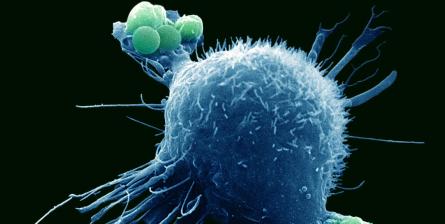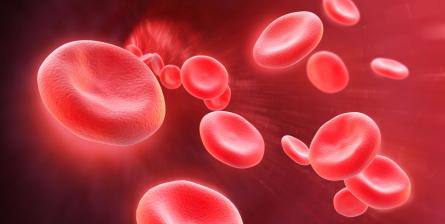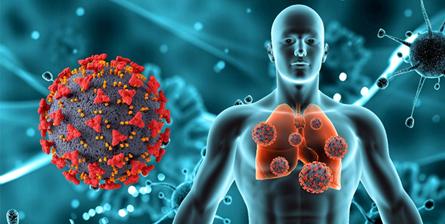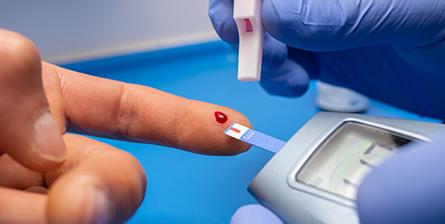
Oncology is a branch of medicine dealing with cancer. It is a combination of Greek roots, respectively meaning 'surgeon' and 'erythr'. The word oncology is used in both English and French. It is based on the Greek words onkos meaning malignant and logos meaning study. Malignant means 'sick', while study comes from the Latin word lumen, which means light.
THE QUEST FOR UNDERSTANDING AND TREATING CANCER
Cancer is a disease that rapidly spreads in various organs and systems of the body. It is a cancerous disease that affects organs such as the stomach, brain, liver, lungs, breast, skin, and blood cells. The main areas of research in oncology include blood disorders, leukemia, lymphoma, prostate cancer, and breast cancer. The prefix on- means 'still' and -logy indicates a scientific or academic study. Since ancient times, physicians have studied the causes and treatment of diseases. They were called 'doctors', even though they were not specialists in biology. This became known as 'general medicine'. However, as medical advances occurred in the 20th century, this practice gave way to a modern oncological treatment methodology.
The aim of oncological treatment is to control or eradicate the cancerous state so that it no longer poses health risks to the patient. In addition to this, doctors also look for possible prevention methods for curable cancers. This includes screening methods such as colonoscopy or mammography for the detection of breast cancer and prostate cancer. Doctors also use radiotherapy or surgery to remove benign tumors from their patients. Other treatments include hormone therapy for prostate cancer or growth hormone injections for short stature in children with Turner syndrome. Some patients are also treated with interferon or experimental therapies such as chimerism or T lymphocyte transfer to combat chronic infections by the Epstein Barr virus in patients with Hodgkin's lymphoma.
One of the goals of oncology research is to identify new targets for the development of cancer drugs. The main research is carried out on animal models: mice and rats are commonly used because they are easy to maintain and replicate health conditions. Research teams also use human tumors obtained by biopsy procedures to conduct experiments on them. Using state-of-the-art equipment such as MRIs or PET/CT scanners, scientists look for signs of metastases - when tumors begin to spread outside the original site. After identifying the experimental protocols that work best for each type of tumor, the team will report its findings in medical journals so that doctors can improve their cancer treatments as well as the health outcomes of their patients.
THE CONSTANT ADVANCEMENT OF ONCOLOGY TO OVERCOME CANCER
Oncologists also work closely with radiologists to take care of various patient needs, such as monitoring the patient's vital signs during operations or providing medical images that doctors can review during treatments. Oncologists can also refer patients to surgeons for tumor removal or biopsies for diagnostic purposes - something similar to a doctor's examination skills but focused solely on abnormal tissues of the human body instead of animals or humans infected with diseases such as fever or tuberculosis!
Although there has been much progress in understanding how cancers develop and in their treatment, there is still a lot of work to be done in this field, especially with regard to incurable cancers like leukemia. Doctors have come a long way since ancient times when physicians were perceived negatively due to their erroneous practices concerning diseases such as leprosy and malaria. Over time, scientists have gained knowledge about diseases and developed sophisticated diagnostic equipment that has changed history by allowing people worldwide to lead healthier lives!
































